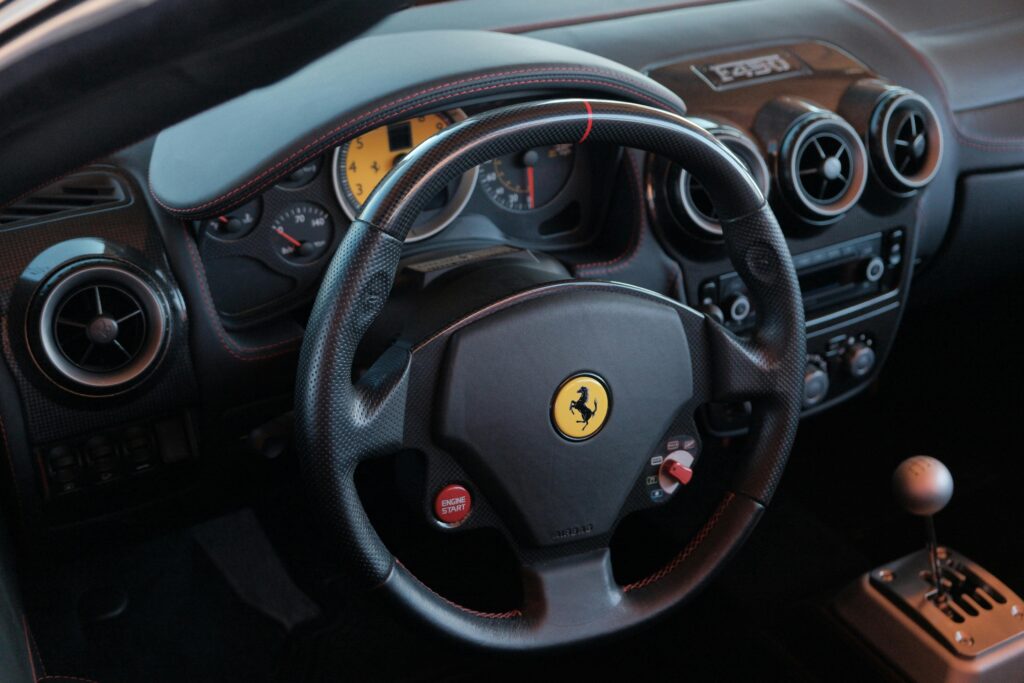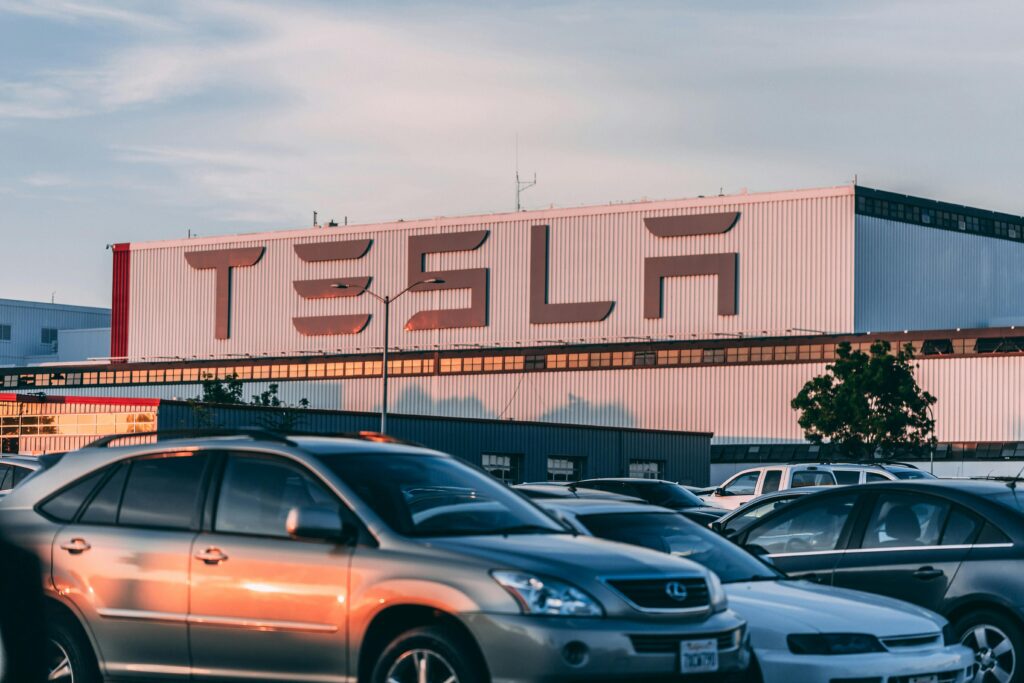In recent times, it seems like the EV ecosystem has taken a radical turn as Volkswagen and Rivian hold hands in a partnership worth $4.5 billion which aims to expedite EV technology while decreasing costs. This partnership, nicknamed the Rivian VW deal, is set to give stiff competition to Tesla, Ford, and General Motors.
In this piece, we navigate through the Rivian VW deal details, the Rivian and Volkswagen Group Technology LLC, and the fine print surrounding Rivian partnerships in the fast-paced world of electric vehicles.
Why Rivian is a Tick for Volkswagen’s Ecosystem
As one of the largest automotive manufacturers in the world, Volkswagen has established a considerable EV portfolio, however, they have faced issues in software integration and cost control. On the other hand, Rivian is known for its electric vehicle prowess and brand equity, however, they were unable to achieve profitability and scale production.
With the establishment of this Rivian VW deal, both companies intend to combine their core competencies to tackle market challenges:
Volkswagen acquiring leading industry’s Rivian EV’s skateboard platform and tailored software expertise.
Rivian acquiring Volkswagen’s robust global supply chain, bigger manufacturing capacity, and better financial muscle.
Their partnership is likely to enhance cost savings, improve productivity, and speed up next-generation EVs’ R&D.
What’s The Rivian VW Deal Cover?
Considered a Rivian VW deal, it is a multi-billion dollar investment, which will happen in stages.
Sole Initial Investment: Volkswagen will make an $1 billion investment into Rivian.
Continued Capital Contributions: Volkswagen will, at a later time, inject another $3 billion to solidify the partnership.
Co-development of Software: Both companies will work together on software, electrical architectures, and vehicle integration systems.
Creation of Rivian and VW Group Technology LLC: This allows for the co-development and cross-licensing of EV technology that will be used by both companies.
Increased Production Efficiency: It is foreseeable that future VW and Rivian EV models will be produced in common facilities, leading to cost-effective production.
As is the case with most partnerships, ‘accomplishing more with less money spent on EV development, so that innovation is expedited and production scalability improved,’ is the ideal aspiration for this one.
A New Tech Powerhouse: Rivian and VW Group Technology LLC
The Rivian and VW Group Technology LLC is a new, technology-centered firm that is part of Rivian VW deal.
This joint venture will focus on:
Software and infotainment systems for the new model of Rivian and Volkswagen vehicles.
Charging and range enhancements through efficient battery management systems.
Autonomous driving and driver assistance systems of the next generation.
Cost-effective shared vehicle platforms for easier production and lower expenses.
The Volkswagen and Rivian partnership intends to leverage their combined R&D funding to accelerate the creation of advanced EV technologies that may surpass Tesla’s Autopilot and Full-Self Driving (FSD) features.
How This Partnership Challenges Tesla
Rivian and Volkswagen have formed a partnership which is bound to be a strong competitor against Tesla considering Rivian’s strengths. Rivian holds an edge in the market thanks to collaborative battery technology, proprietary software, and self-driving capabilities integration. With the Rivian VW deal, Tesla could face formidable competition in these domains:
- Manufacturing and Scalability
- Rivian has recently been facing issues with scaling production, Volkswagen’s global manufacturing prowess will assist them significantly.
- Both companies will be able to manufacture EVs in a more streamlined and cost efficient manner due to the potential joint production model.
- Artificial Intelligence and Software Engineering
Tesla will face competition from Rivian and VW Group Technology LLC working on everyday infotainment and driving assistance AI systems taking direct aim at Tesla’s Autopilot and Full-Self Driving (FSD).
Other than infotainment, Volkswagen’s investment in AI-based mobility technologies will enhance the overall driving experience significantly.
- Diverse EV Portfolio
Customers seeking affordable mainstream vehicles along with luxury SUVs will be able to find them thanks to Volkswagen and Rivian’s partnership which will make available a broader spectrum of EVs.
This shift will help Tesla fans abandon their brand and capture a larger customer base.
4. Affordability and Cost Saving
The collaboration could share resources, leading to a reduction in EV prices and allowing mainstream consumers access to buy EVs.
In the long run, the lower expenses could promote EV adoption globally.
The Role of Rivian Partnerships in the Evolution of the EV Sector
The partnership with Rivian for Volkswagen is not their first strategic alliance. The company has aggressively pursued key partnerships over the last couple of years as part of bolstering their market share.
Amazon: Rivian has struck a long-term contract with Amazon for the design of electric vans for package delivery.
Ford (Previous Partner): Ford was one of Rivian’s first investors, which later ceased collaboration.
Mercedes-Benz (Partnership on Hold): Planned collaboration to produce joint EV vans was put on hold in 2022.
The Rivian VW Deal is groundbreaking from a financial and strategic perspective of Rivian Partnerships as it is more integrated and financially powerful than all other deals combined.
Risk Factors of the Rivian VW Deal and Other Challenges
The Volkswagen-Rivian alliance while presents great opportunities also has significant risks:
1. Cultural Integration and Workforce Diversity
Volkswagen is a traditional vehicle manufacturer with stiff corporate structures, whereas Rivian is a fast-moving, tech-oriented startup.
The fusion of different organizational cultures combined with primary lifecycle stages will result in conflict.
2. Financial Risks
Since Rivian is struggling with profitability, Volkswagen is taking a financial risk by investing in a company that has not proven itself.
The success of the partnership may be undermined by the slowdown in the EV market.
3. Competition from China
BYD and NIO from China are two rapidly growing global players in the EV segment.
If Volkswagen and Rivian fail to innovate faster, they stand to lose business to affordable Chinese electric vehicle companies.
Conclusion: A Bold Move for the Future of EVs
This partnership, the VW Rivian deal, is perceived as one of the biggest EV collaborations to date. Their partnership aims at helping Volkswagen and Rivian to innovate and incur less costs while mass producing EVs to rival Tesla.
The establishment of Rivian and VW Group Technology LLC may result in great developments in software for electric vehicles, batteries, and autonomous driving. If this collaboration is successful, which it should, it will be a win win and not only for these two but for the entire world in the fight towards moving away from fossil fuels.
As progress is made in EV technology, Volkswagen and Rivian may signal a turning point in the high-stakes game of electric mobility with their $4.5 billion investment. All eyes will be on the two as they seek to change the narrative surrounding electric vehicles.
Frequently Asked Questions (FAQs)
This partnership tries to combine Rivian’s aggression and Volkswagen’s knowledge to achieve better electric vehicle (EV) technology, lower costs, and enhance production capabilities.
Volkswagen plans to invest $4.5 billion into Rivian, starting with a $1 billion payment, with plans for additional funding in the future.
It is a collaboration development between these two firms for software programming, battery systems, and vehicle components.
Partnerships like this have the potential to broaden competition in the electric vehicle market, which would challenge Tesla’s well-known advantages in software, scalability, and pricing.
No precise dates have been given, but initial versions that utilize this technology might be available by 2027.

